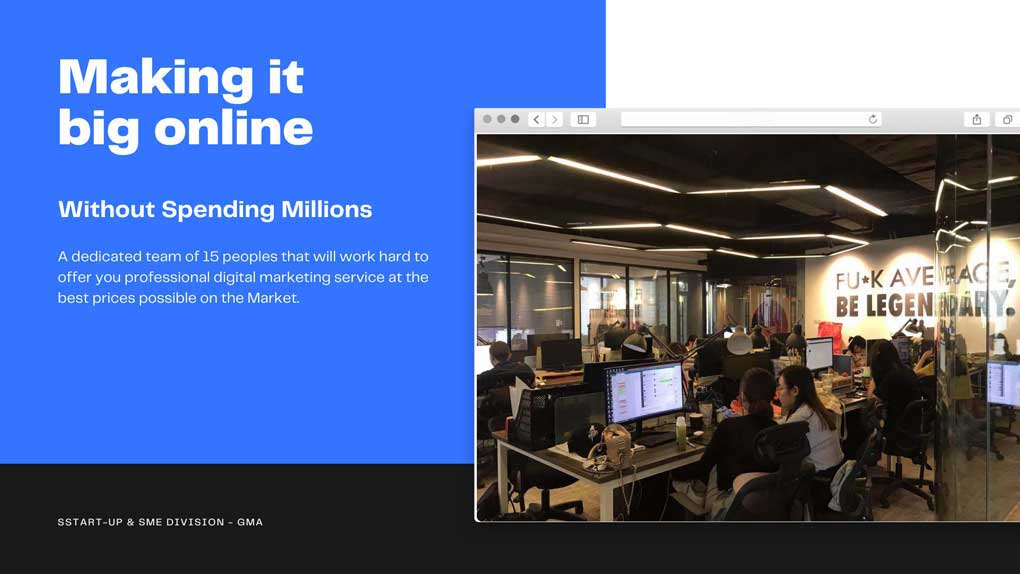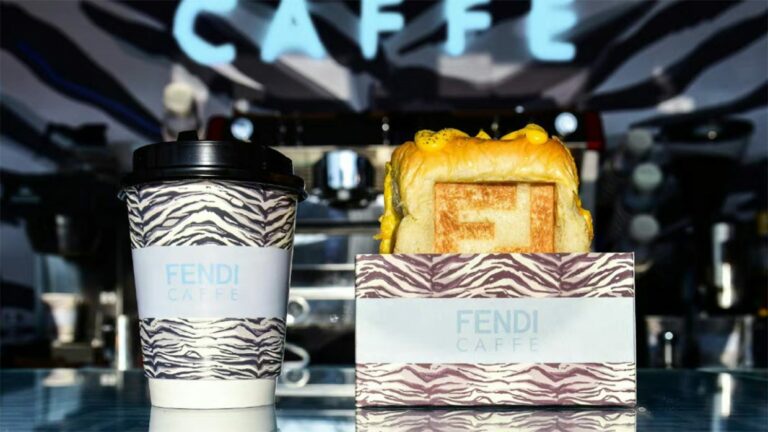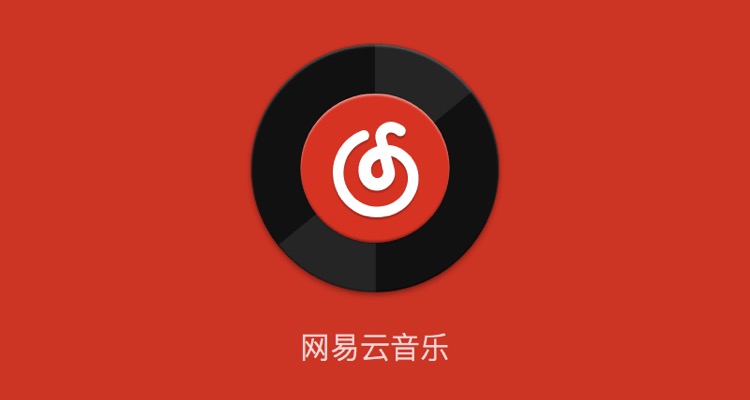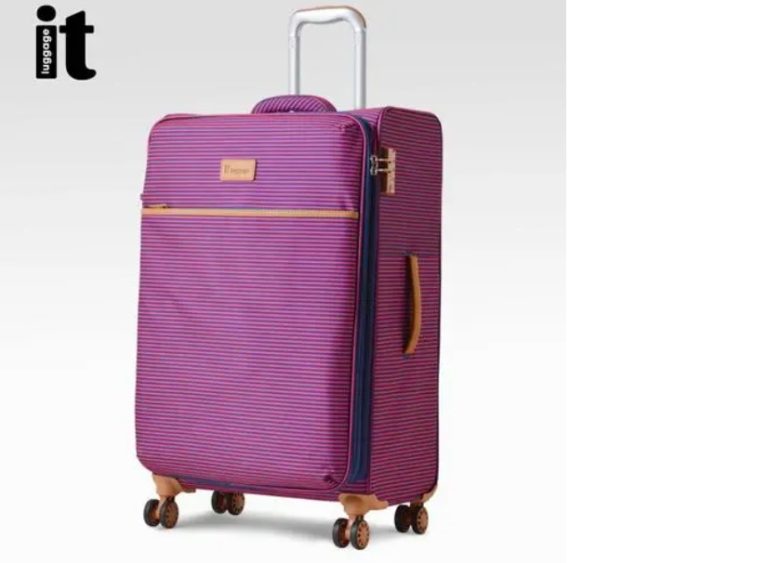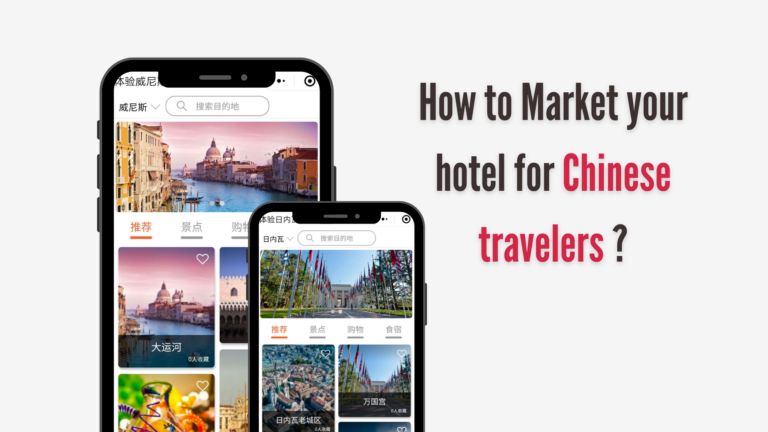How to attract Chinese consumers to cosmetics?
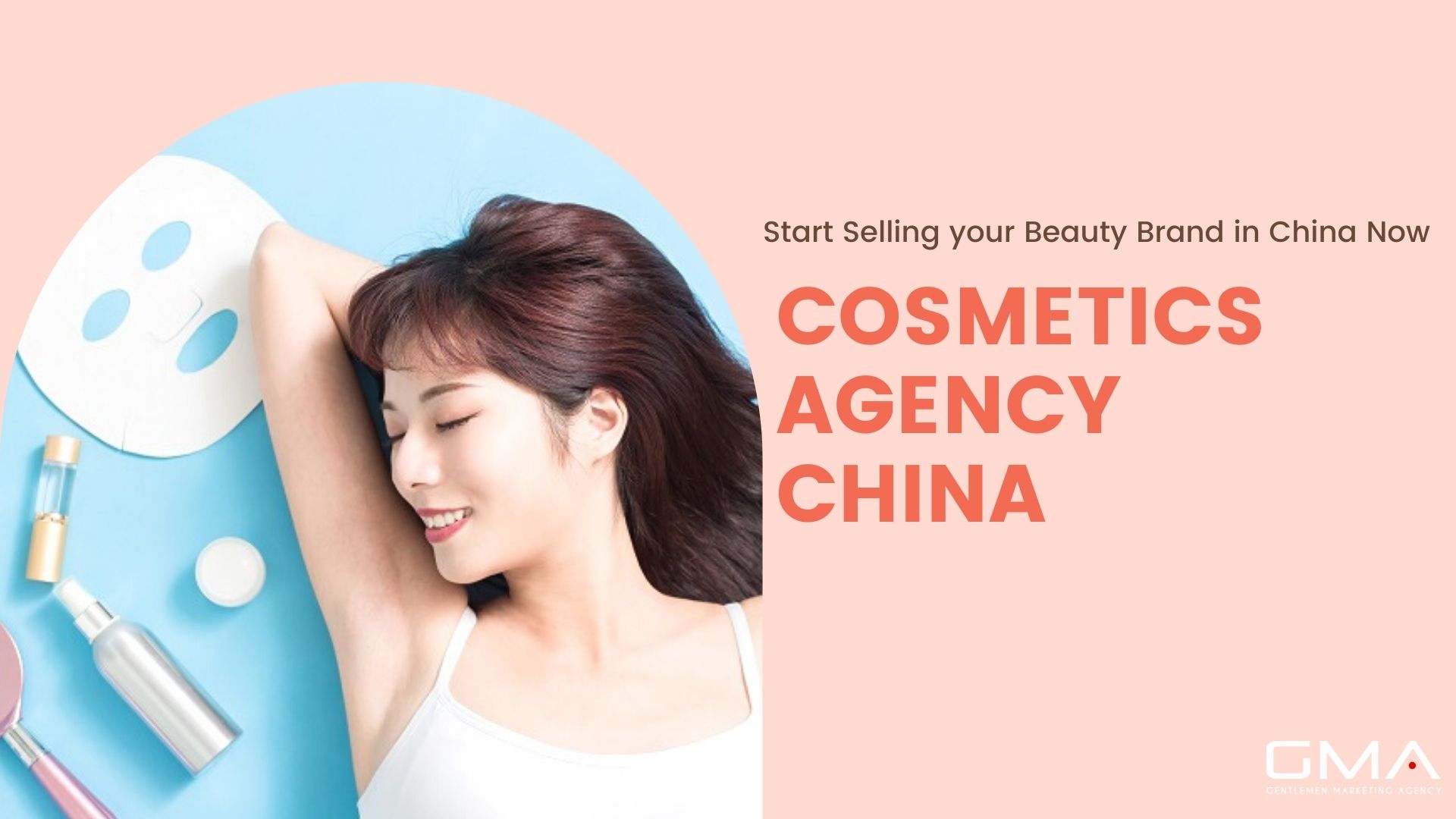
The success of the beauty industry plays a crucial role in the survival of the luxury market. Thus, through beauty acquisitions, high-end brands can subtly influence customer loyalty. According to Zion Market Research, the global beauty market is expected to reach about $863 billion by 2024, and China is expected to become the world’s largest cosmetics market, driving consumer trends. As the ever-expanding beauty market continues, established beauty players will have to compete with traditional brands by relying on practical solutions. From now on, the formulas of the past will no longer work to reach target audiences; forcing brands to change their strategy.
- You are looking for a distributors: China’s Skincare and Cosmetics Distributor / Agent
- You are a Small Beauty Brand: How can small businesses compete in the chinese beauty market ?
I) Promote inter-segment collaborations with the wellness industry
According to the Global Wellness Institute (GWI), the wellness industry is a $4.2 trillion market. Consumers expect cross-collaborations between various segments of well-being. Fitness, beauty, and eating habits will no longer be separated. We can already see this change with the partnership between gyms and food gurus, some salons offer post-workout massages, beauty brands collaborate with bodybuilding influencers, and centers fitness offer relaxation therapy and beauty treatments.
Cost-Effective Agency
KPI and Results focused. We are the most visible Marketing Agency for China. Not because of huge spending but because of our SMART Strategies. Let us help you with: E-Commerce, Search Engine Optimization, Advertising, Weibo, WeChat, WeChat Store & PR.
II) Healthy aging instead of timeless beauty
Natural beauty routines and organic and safe products are becoming the norm. As beauty becomes more of a health problem, conventional brands must embrace the natural trend by evolving if they want to maintain their market share.
Wealthy consumers now favor organic cosmetics, being aware of the dangers of certain ingredients such as paraben, sulfates, petroleum distillates, propylene glycol, and triclosan. Beauty buyers expect transparency because they no longer believe fake marketing campaigns that promise timeless beauty.
The success of the Korean skincare routine and the focus on preventive care, and the boom in anti-pollution cosmetics in China reveals notably a change in the beauty industry.

III) Using Chinese social networks and investing in digital marketing
Beauty brands have learned that social media facilitates effective dialogue with target consumers.
The Internet and social media have become the main source of information for young consumers. As a result, apps, social media groups, digital networks, and online communities have become the most popular source of beauty and skincare products for consumers.
Similarly, more and more Chinese consumers now prefer to buy cosmetic products online, 18% of them according to the Ipsos Institute.
Among the arguments in favor of e-commerce, the opportunity to discover the entire universe and the current events of the brand is appreciated by 61% of consumers surveyed.
IV) Cosmetics brands in China need to Collaborate with Chinese KOLs
China is now a pioneer in the marketing campaigns of influencers. In the digital age, the beauty market depends on the testimonials of customers, bloggers, and influencers. Indeed, KOLs have the confidence of consumers and understand their needs. Influencers then become brand ambassadors by increasing the visibility, perceived value, and opportunity of beauty brands.

V) Improve the in-store experience
Consumers appreciate luxury brands because of their excellent customer service experience and personalized approach. Some market leaders also offer VIP services, personalization of beauty products (Skin Inc. is famous for its personalized skincare and Dior offers personalized fragrances), and home treatments.

VI) Don’t be afraid to go high-tech
Customization is also important for brands that want to enable customer engagement and increase overall sales. In this sense, the beauty industry embraces high technology and innovation.
Also, the beauty retailer Sephora has launched some 3D mirror augmented reality stores. Thanks to the “Special Tint”, Lancôme scans the client’s skin and offers personalized treatments.

Conclusion on promoting your cosmetics brands to chinese consumers
As major luxury cosmetics brands face increasing competition from direct consumer brands and beauty startups, key functional requirements are changing. In this sense, the promotion of cutting-edge technologies, the innovation of the customer experience, and the establishment of a meaningful commitment should be prioritized by brands. Finally, the main danger of luxury brands remains counterfeiting in China, which is a real scourge. The identical reproduction of their products damages the image of brands and increases the distrust of Chinese consumers.
ABOUT US: SPECIALISEE CHINOISE DIGITAL AGENCE IN THE COSMETICS SECTOR IN CHINA
- We are a digital marketing agency based in China, and we specialize in the Cosmetics market in China.
- We have worked with leading Cosmetics brands and have developed strong skills to support and develop “new brands” in the Chinese market.
- Brands in China need to improve their commitment/reputation/sale
- We are a team of 70 people and we are experts in the Chinese market

Don’t hesitate to contact us,
We can send you the latest tips and tricks from the Chinese market in Cosmetics, our case studies, and advise you on your marketing strategy.
